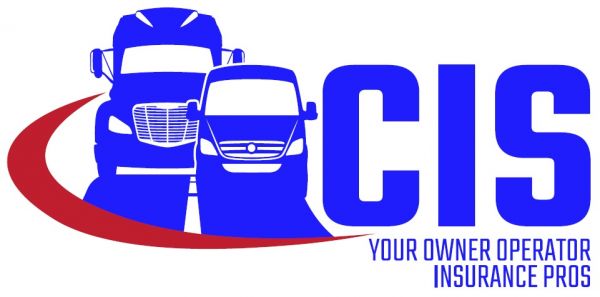I.C. Cheat Sheet for Insurance Lingo
I.C. Cheat Sheet for Expedite Truck Insurance Lingo
Risky Business Blog Posted Mar 3rd 2016 ExpeditersOnline.com 12:14PM

Several new Independent Contractors have asked for a cheat sheet on common insurance lingo they hear thrown around, and for my veteran Expediters out there who might like a refresher course in Expediting Insurance 101…here you go!
Primary Liability or BI/PD…Bodily Injury/Property Damage
…So you’re driving along and hit someone or something…who pays?
- If you’re an I.C. permanently leased on with one Motor Carrier and operating under their authority for their benefit, then the Motor Carrier pays that Liability claim.
- If you’re an I.C. hauling for multiple Motor Carriers, your Primary Liability is 24/7 and must be endorsed as Non-Contributory because YOU are Liable for that claim. Most insurance companies will not provide this coverage, so caveat emptor.
NTL is Non-Trucking Liability
…what if you weren’t “working” at the time of the accident?
- If you’re an I.C. permanently leased on with a Motor Carrier and the accident happened while you were NOT operating on behalf of or for the benefit of the Motor Carrier, THIS is when your NTL kicks in and pays for Liability claims while you were NOT TRUCKING.
- If you’re an I.C. hauling for multiple Motor Carriers, you should NOT be carrying NTL insurance at all. You need Primary Non-Contributory Liability because in almost all cases the Motor Carriers you are hauling for are not insuring you for Primary Liability and you need 24/7 coverage.
Primary Non-Contributory Liability costs much more than NTL, because it does pay out 24/7 regardless of how the vehicle is being used at the time of the accident.
NTL is very low priced primarily because it rarely pays out due to court determinations which are worthy of a whole other blog…
Please do not believe that NTL will simply kick in like a gap insurance when there is no Primary Liability in place somewhere…it will not.
GL is General Liability
…this pays for claims that occur OUTSIDE of the use of the vehicle itself.
- Motor Carriers are required to carry this by most shippers and brokers.
- ICs are not required to carry it, but it’s not a bad idea to consider given it covers damages that may be caused by you when not driving…including Loading and Unloading or activities you could be sued for while on someone’s property delivering freight.
Physical Damage is Comp and Collision on your vehicle
- Collision covers the value of your vehicle when you cause an accident by colliding with something or you overturn it.
- Comp means Comprehensive coverage and it covers you for things OTHER than Collision such as fire, theft, vandalism, windstorm and contact with an animal. Windshields also fall into this category.
Deductible is what you pay out of pocket before the insurance company pays out for Comp or Collision.
Permanently Attached Equipment is extra coverage for the bells and whistles you’ve added to your unit which are permanently secured in place and not easily removed like a QualCom or Heating unit.
The total value of what the insurance company pays you on your unit is based on either Actual Cash Value or Stated Amount that you provide to the insurance company. The Stated Amount will never pay out more than the vehicle is actually worth, so don’t confuse it for Agreed Value and over insure your unit.
However, if you have a loan on the unit then add Financed Value Coverage so that if there is a total loss the amount of your loan will be covered up to the Stated Amount.
That’s enough for one blog…let’s talk about Cargo next time!
P.S. Gearing up here at CIS for the best Casino Night ever at Expedite Expo Friday, July 15th in Lexington!
Author
Shelly Benisch, CIC, TRS started Commercial Insurance Solutions, Inc. (CIS) in 2002 and brings over 30 years of experience in Commercial Truck Insurance. As one of the top 25 Progressive Truck Insurance Agency Leaders in 2024, she helps small Motor Carriers and Owner Operators across the country find affordable trucking insurance quotes with GEICO, Progressive and more. Shelly also writes a free Trucking Blog packed with insurance tips for all kinds of Small Carriers. Her team of Truck Insurance Experts have earned CIS consistent 5-star Google reviews and Progressive's Top 25 Truck Elite Status. For expert Commercial Truck Insurance advice, give Shelly a call at (330) 864-1511 #CISDoesThat Commercial Truck Insurance for owner operators and small motor carriers.
CEO
